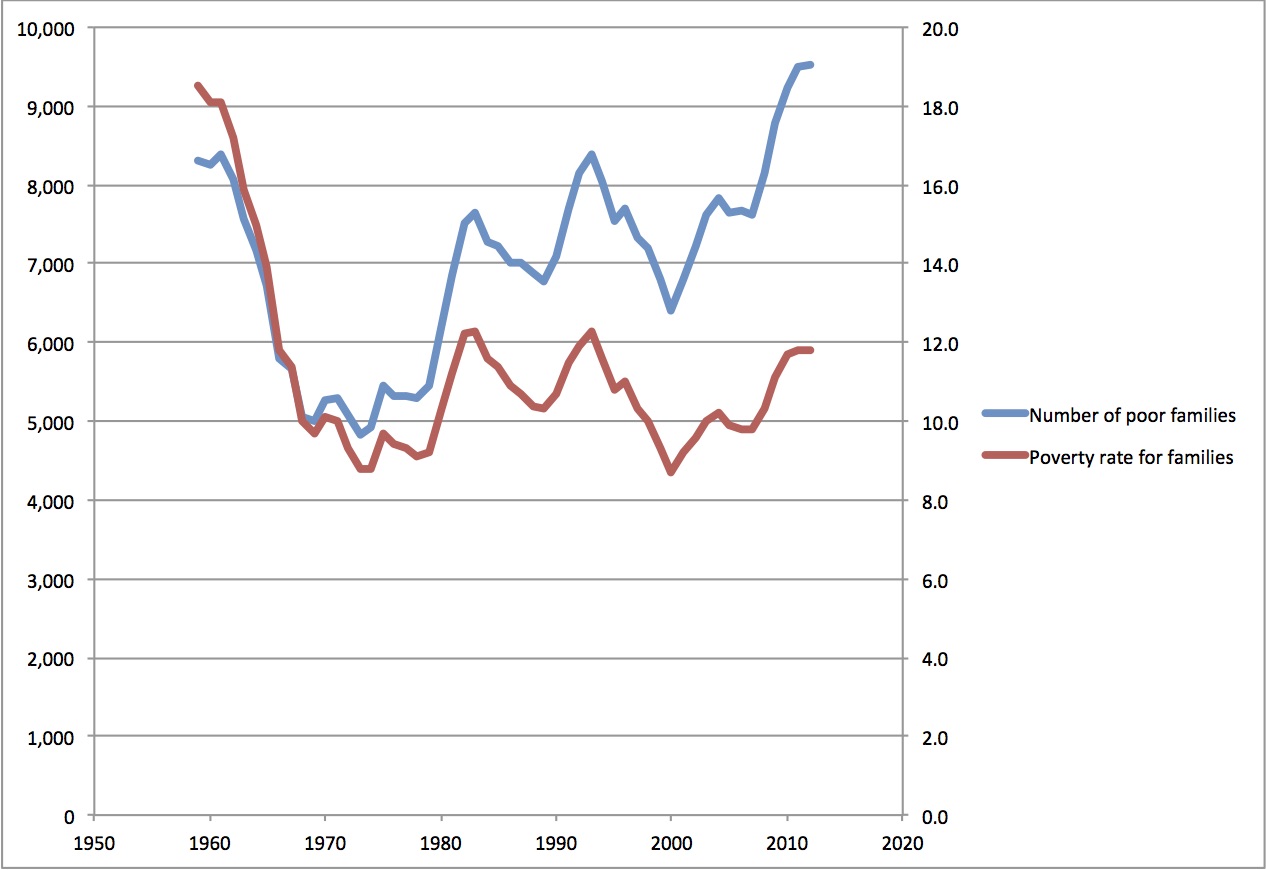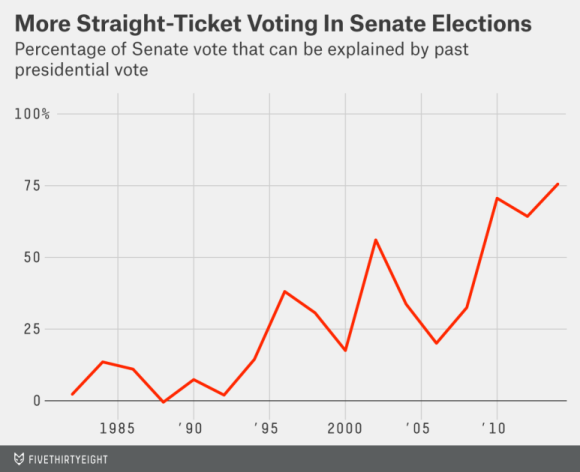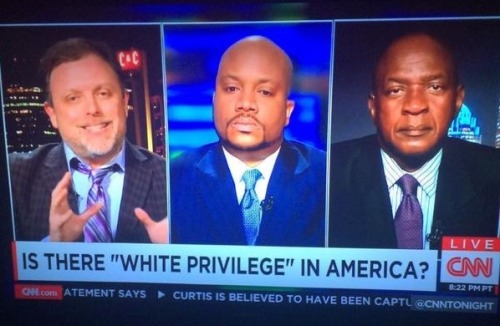When Chicago Teachers Union President Karen Lewis announced in October that she wasn’t entering the mayoral race, incumbent Rahm Emanuel must have breathed a sigh of relief. Lewis, the leader of the 2012 CTU strike, was widely expected to challenge Emanuel in the February 24 election as an anti-austerity, pro-labor Democrat. Some polls even showed her with more support among likely voters than the deep-pocketed mayor.
From privatizing city services to closing mental health facilities that served the city’s most vulnerable residents to shuttering forty-nine public schools in predominately poor black communities in favor of charter schools, Emanuel’s record has provided plenty of grist for left candidates of varying stripes. While his most formidable opponent has stepped aside, a number of insurgent opposition candidates are still opposing Emanuel and other neoliberal incumbents.
With Lewis out of the race, the CTU endorsed Jesus “Chuy” Garcia. A member of the predominately Latino community of Pilsen in the city’s Lower South Side, Garcia first gained prominence by winning a seat for alderman in 1987 during the administration of Harold Washington, an anti-machine politician and Chicago’s first black mayor. Despite his experience working as a community and political leader, Garcia hasn’t attracted an outpouring of support: many still view him as an insider, even if he is decidedly more progressive than Emanuel.
But opposition to Emanuel is also coming from more militant quarters. In the 25th Ward, an area that covers much of the Lower West Side, including Pilsen and parts of Chinatown, Jorge Mújica, a Mexican-born immigrant and labor rights activist, is challenging alderman Danny Solis as an open socialist.
His bid comes out of the Chicago Socialist Campaign, an umbrella coalition of independent left-wing parties and organizations, including the International Socialist Organization, Democratic Socialists of America, the Socialist Party, Solidarity, and others. Although Mújica isn’t the favorite, he has picked up endorsements from several unions, including AFSCME Local 31.
Chicago-based activist Alec Hudson recently spoke with Mújica about the role of alders in improving the lives of workers, socialist strategies for electoral politics, and the future of the immigrant rights movement. The interview has been edited and condensed for clarity.
You moved to Chicago and the United States for the first time in 1987. How would you say the city has changed politically since you arrived?
Well I came to Chicago right after the death of Harold Washington. There were four Latino wards at that time, the first four new aldermen who were all supportive of Harold Washington. I think they went through the Council Wars, and then after Washington through the election of Richard Daley.
So the city has changed a lot, neighborhood by neighborhood they’re not the same as they were when I first came. The Loop’s transformation — it was skid row, and nobody wanted to go to the Loop or the South Loop after 5 PM. Now it’s a thriving deluxe condo hub.
How did you come to get involved in the labor movement? And if you’re elected as an alderman, how can you help workers?
Well, it’s been my life. I organized my first labor union at a printer shop, the editorial house where I was working in Mexico City when I was about twenty-two. It was the largest editorial house in Latin America, Fondo de Cultura Económica, and I organized it because we were paid less than minimum wage.
I organized workers there and then participated in several labor union efforts in Mexico, and when I came here to the US my first job was translating collective-bargaining agreements into Spanish for Latino members of — at that moment, it was International Ladies’ Garment Workers Union, which became UNITE, and then UNITE-HERE.
So I’ve been involved with labor for a long time. I’ve been the president of the general press unit of the Chicago Newspaper Guild, I organized Univision with NABET Local 41. And now with Arise Chicago, my particular job is to work with groups and try to organize them, maybe into associations but if possible into labor unions.
I have been an organizer of two sections, two groups of labor unions, one with Workers United and one with Teamsters Local 705, the latter of which after seven months of striking were able to get their first collective bargaining agreement — which is a big success because less than 50 percent of all workers who organize and vote in favor of a labor union get a first contract. So that’s a double success.
But it’s what I do, and that’s what we propose to do with the aldermanic office. I have put it sometimes like: if you can imagine the Department of Labor for the City of Chicago, that’s what we would like the aldermanic office to be, an active office that helps workers and works with them to organize and get better working conditions. Not a service office in the sense that you become a client and I do the work for you, but an organizing office to work with workers, to organize workers and support them. That’s what we would like to do with that office.
With so much opposition to Rahm from various social and labor organizations around the city, and with even some of your opponents coming from some of those social and labor organizations as well, why did you decide to run in this election cycle? What about your socialist campaign is different from these other anti-Rahm progressive candidates?
Well, first of all I was drafted to the campaign, because it was a decision that there should be a socialist campaign. There was a lot of research put into where to run a socialist campaign, and then when the decision was made that the 25th Ward was a possibility, the Chicago Socialist Campaign offered me to run, and I said, “Yeah, why not?”
I said, “Okay, let’s do it, let’s openly talk about socialism” and the different platforms and ideas that socialism can bring — let’s open up a space for socialism in the public electoral movement. But we need a third party. I’m tired of people talking about the lesser evil, there is no lesser evil in this case. Now we have a real choice, now we can vote for a socialist.
What was the background to forming the Chicago Socialist Campaign?
Kshama Sawant. The victory she won in Seattle surprised everybody and prompted everybody to try to do similar campaigns. There was a good deal of discussion to see if it was reasonable, if it was doable, and if it was worth it to do in Chicago. And the conclusion was, “Yes, let’s do it, as long as we have a chance.”
Some of the people in the Chicago Socialist Campaign are not participating in this particular campaign because they live all over Chicago and they are participating in local elections, but it was a collective effort supported by all of these various organizations.
What role do you think electoral campaigns like yours play in revitalizing an independent socialist left? Why an electoral campaign, and do you think the Chicago Socialist Campaign will go beyond this election?
I think it should. Since the 1940s the US hasn’t seen a strong Left participating publicly in an electoral campaign, and it’s hard since it’s been years since we’ve seen a candidate. But I think we have to do it. Having seen a third party of sorts coming from the Right — with the Tea Party becoming its own party and with the libertarians forming their own parties — we need to see a leftist party coming as a third option.
This is not just for this election. This campaign is to give more spirit to many people in places trying to do the same thing. A win in the city of Chicago is going to be a huge victory. We’re the third largest city in the US, and a socialist alderman would be a huge success. So that’s what we feel I’ve got to do. Let’s get together afterwards, analyze, review, and discuss — we love discussing — but let’s see what we can do in other places so it won’t just be Sawant, it will be Sawant, Mújica, and other people.
What made you decide to run with an independent organization when there is still so much power in the two-party system on a national level?
That’s one of the biggest discussions we have to have. We have a situation in Chicago right now where you have Chuy Garcia, who’s supposed to be an independent Democrat, running against the Democratic Party machine. So there is a Democratic Party “machine,” and there’s the rest of the Democratic Party, which to me is just an umbrella name for many people.
If you wanted to do politics in the city of Chicago, for the past fifty years you had to be a member of the Democratic Party. I am familiar with that because in Mexico, if you wanted to do something in politics you had to be a member of the PRI. There wasn’t any other way to do politics. If you were in the opposition or in another party, you went nowhere, you didn’t get elected.
So what we live under here is the dictatorship of one party. The mayor, all aldermen, all commissioners — well, there may be a few Republican Cook County commissioners — but basically you have to be part of that umbrella with the Democratic Party.
What happens with Garcia? At one point he was very close to the Communist Party back in the 1970s with Harold Washington and all of that stuff. Since he is in the Democratic Party, do we have to criticize him for it? I say we skip it — it’s not a problem, it’s not the Democratic Party as a well-oiled machine.
There are contradictions between different groups within the Democratic Party, we stay away from it, let’s not criticize people who honestly believe they are to the left of the machine. We won’t support them but let’s not pound on them, let’s pound on Rahm Emanuel. That’s the point.
So it’s a big discussion, I think, because we have our differences. We aren’t supporting Chuy, and we aren’t being endorsed by him. I think he’s actually afraid of us in some way — he doesn’t want to be identified with any socialists. But let’s have that discussion.
Do you think the CTU’s role in this election has been diminished because Karen Lewis is not running?
They are playing a major role of course: they are bankrolling several candidates, they think they can win several aldermanic offices. Good, excellent! But it would have been the same discussion because Karen Lewis would have said she is a Democrat anyway. We had a discussion there in the campaign; where would we be if it was Karen Lewis instead of Chuy Garcia, with Lewis saying she is a Democrat? What would we have done?
That’s part of the discussion we need to have still. Are some parts of the Democratic Party okay because they’re backed by a very powerful union, in the sense that it’s a fighting union? Is that good enough? But if she says, “I’m a Democrat,” does it mean total rejection on our part?
Those are some of the discussions we have to have, and I think that for further reference, whenever we have campaigns we have to discuss that first and launch the campaign later, because in the middle of the campaign you start discussing and debating those things and you debate a lot and you don’t do enough on the ground. If you are trying to win a campaign, you have to be doing things on the ground.
So we had a contradiction here. It was well worth the discussion, we all learned a lot, and I think those are things we have to have clear before we participate in the bourgeois electoral process.
You were one of the lead organizers behind the 2006 immigrant rights march in Chicago. What are some of your reflections on the state of immigration in Chicago, and how do you see yourself utilizing your position as alderman to help protect immigrant rights in the city?
One of the obvious measures for the city would be to have a municipal ID. New York City has one, San Francisco has one, and Chicago should have one. Going beyond that, I think we should try to push for the right to vote for everyone who pays taxes. I don’t care about “citizenship” in that sense. Up until the 1920s, in several states you could vote simply because you paid taxes.
What happened to this so-called immigration movement was that it wasn’t a movement. It was a broad coalition of a lot of organizations which each represented some particular interest, and in the end these organizations sold out to the Democratic Party, instead of marching, instead of using public pressure, instead of civil disobedience. All of which was part of the line they pushed before these organizations — you know, nonprofit corporations — decided to go the electoral way: elect enough Democrats, and we will have a majority in both houses, and then we will have immigration reform.
Of course that didn’t happen, and nine years later we know it. We knew it from the beginning, that’s why we opposed it. But many people didn’t know it, so it was an experience for them. Many of them are disenchanted right now and saying, “We supported Democrats a whole lot and see how they pay us!” Half a million people deported, families divided, etc.
I think the Chicago Office for New Americans that Rahm Emanuel instituted has to be transformed into an office for all immigrants, not just “new citizens”; his plan is only a plan of integration, learn English, become “American,” still with the melting pot theory that when you become a citizen you have to forget everything else and become “American.” I don’t like that, so I think that office should be dedicated to all immigrants, not just undocumented or new citizens.
And again, just going back to the first question, undocumented workers are very vulnerable, but they do have rights, and they have to know that they have rights. So the aldermanic office and the potential office for all immigrants in Chicago should help them to enforce those rights. It should help them whether they are discriminated against or their wages are stolen — that’s what the aldermanic office should be.
Do you have any final thoughts?
Support a socialist! It sounds very weird, but we need money, we need volunteers, we have thousands of pieces of propaganda, and putting pieces in the mail is very expensive, but we have to do it and we have done it. And help us on February 24, help us nationwide. It’s not just a tiny ward in the city of Chicago — this is a socialist campaign on a national level.















